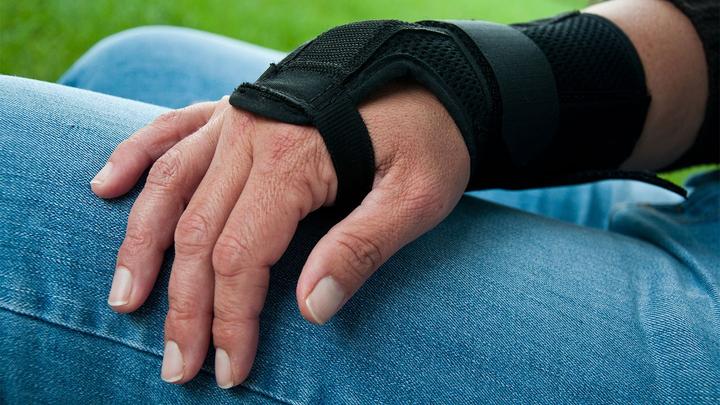Rheumatoid arthritis (RA) is a chronic, inflammatory condition that commonly affects the joints in your hands, wrists, and knees. Symptoms such as joint pain, stiffness, and even fatigue can make it difficult to do everyday tasks like cooking, cleaning, and recreational activities. The good news? The use of certain assistive devices can help you get through your day with less pain and maintain your independence.

There are tools that can make almost every activity in your day easier, whether you need to open tightly closed jars, get a better grip on your keys, or go up and down stairs safely.
When should you consider using assistive devices? “Everyone comes to this decision in their own time, and many people prefer to keep doing their activities without any aids for as long as possible,” says Gayle Lang, an occupational therapy clinical specialist in the department of rehabilitation services at Brigham and Women’s Hospital in Boston. “But when a certain task becomes too painful or difficult to perform due to joint pain or weakness, the right assistive device might help you to retain your independence and quality of life.”
For people with RA, the most difficult activities are often those that involve resistance, weight, or pressure on the joints. “Assistive devices can help compensate for decreased grip strength and joint mobility, minimize stress on painful joints, and increase function with everyday tasks,” says Lang.
A variety of aids combined with changes to how you move can make it easier to accomplish daily tasks.









